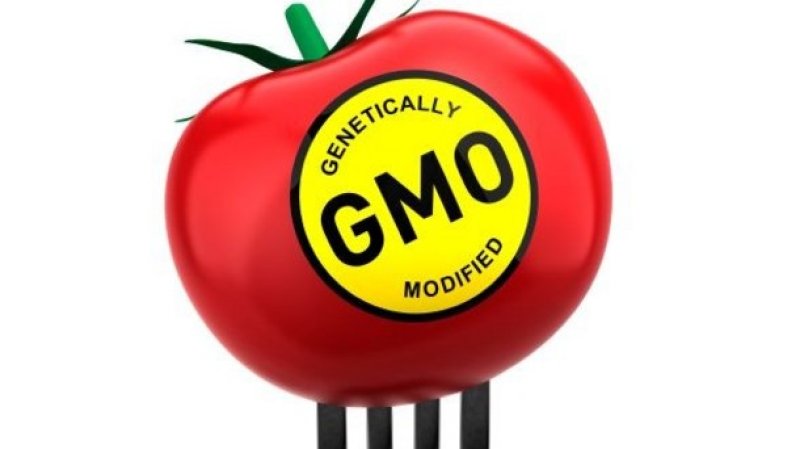Zambia’s National Biosafety Authority (NBA) has directed food producers to clearly label products containing genetically modified organisms (GMOs) so that consumers can make informed decisions.
The directive effects businesses ranging from butcheries to bakeries that use spices or other ingredients that contain GMOs. The NBA ordered all producers to label these products without fail.
“When we insist on labelling it does not mean the products are dangerous, no,” Lackson Tonga, the NBA’s chief executive officer, said in a statement. “We just want the consumers to know what they are eating. It is also a requirement by law that the products are labelled so that consumers make an informed choice or decision when buying such food products.
“As such, we are giving all producers using products … which contain GMOs two weeks in which to start labelling their products,” he said. “Failure to do so will be dealt with according to the provisions of the law.”
Meanwhile, the NBA is happy with the level of compliance to biosafety standards by the laboratories dealing with GMO products. During its spot and compliance checks, the NBA observed that most of the laboratories handling GMO products were adhering to good biosafety standards.
“We were on the Copper belt last week and visited the Zambia Emory HIV Research Project, which is conducting HIV clinical trials using a vaccine made using genetic modification,” Tonga said. “We were impressed with what we found on the ground, both the compliance with the permit conditions and adherence to good biosafety standards.’’
Food labelling has been attracting attention around the world. Ghana is continuing to debate the issue as it prepares to commercialize its first GMO crop, and the United States Department of Agriculture has finalized rules for labeling bioengineered products, effective in 2020.
This article originally ran at the Cornell Alliance for Science and has been republished here with permission. Follow the Alliance for Science on Twitter @ScienceAlly































